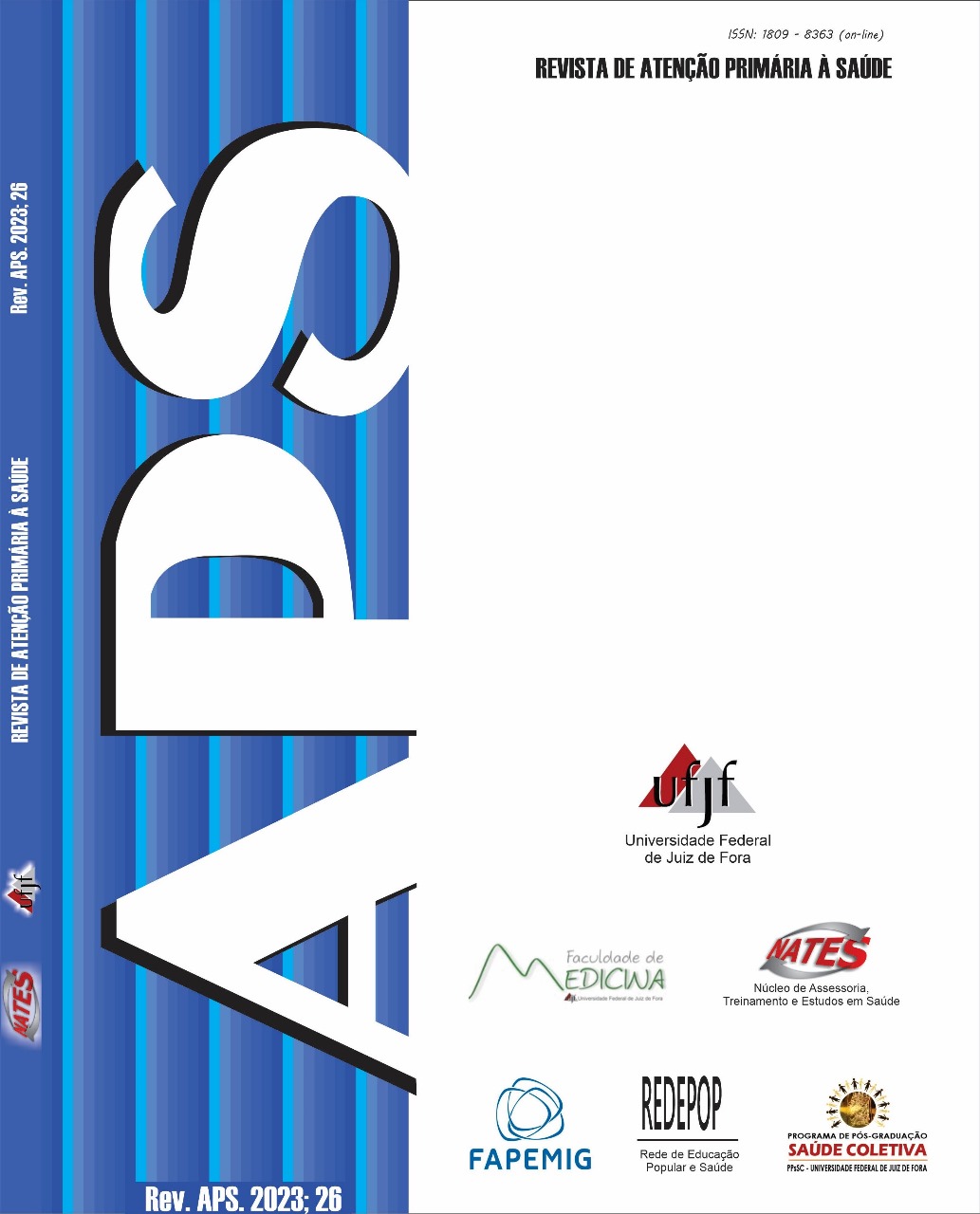Risk factors for changes in neuropsychomotor development in Brazilian children under three years of age: scope review
DOI:
https://doi.org/10.34019/1809-8363.2023.v26.35588Keywords:
Child, Comprehensive Health Care, Child Development, Risk FactorsAbstract
The identification of possible risks that contribute to evolutionary disorders in the scope of the child's neuropsychomotor development (NPMD) is important for directing preventive and appropriate support activities. The objective was to summarize the main risk factors for changes in NPMD in Brazilian children under three years of age. This is a scoping review based on the recommendations of the Joanna Briggs institute. Bibliographic searches were carried out in seven databases, from January 2010 to January 2023; 6536 articles were identified, 905 were subjected to screening, and 23 met the eligibility criteria and were included in this review. The set of 23 studies involved 2445 children under three years of age. The results indicate that DNPM is associated to intrinsic and extrinsic factors related to the child. In this sense, it is multifactorial and closely linked to biological, socioeconomic and family issues. The main factors associated with delays in DNPM in Brazilian children were: prematurity; low birth weight; unfavorable socioeconomic conditions; low maternal age and education; poor nutrition; and pathological conditions. In short, it is concluded that NPMD is associated with intrinsic and extrinsic factors related to the child; it is multifactorial; and is closely associated with biological, socioeconomic and family issues.











